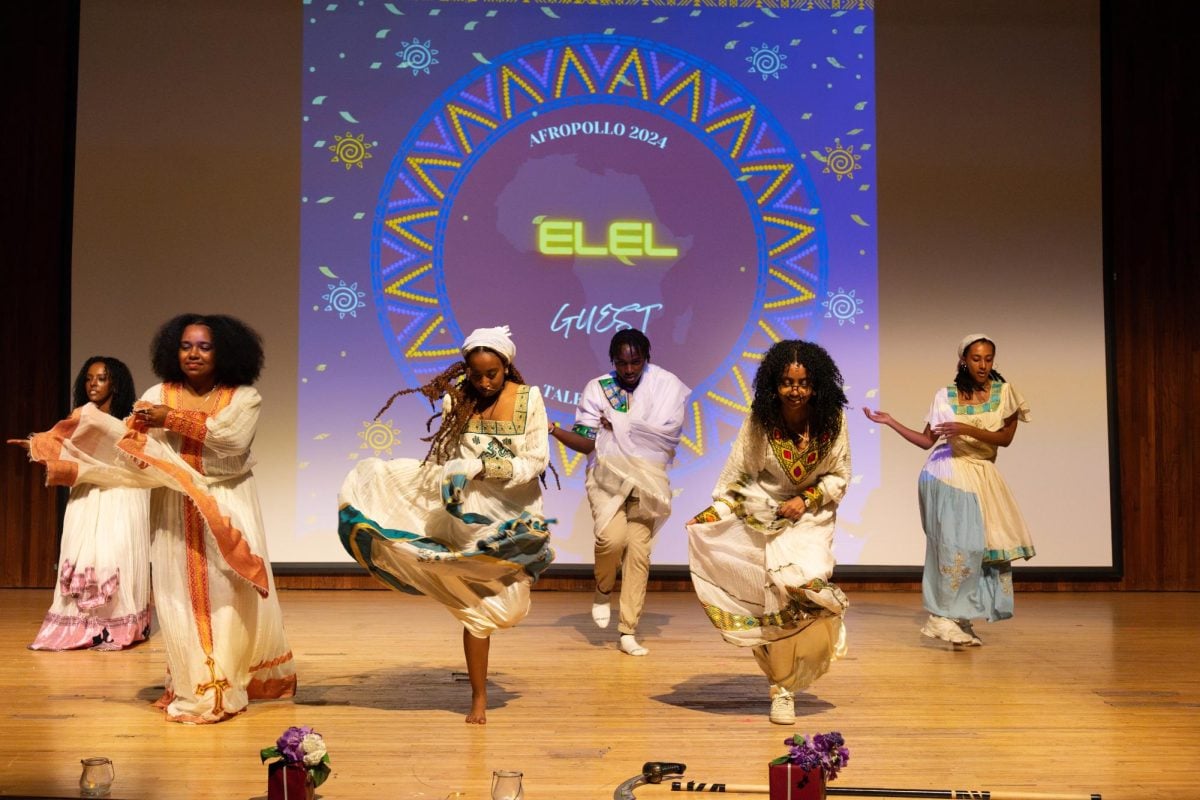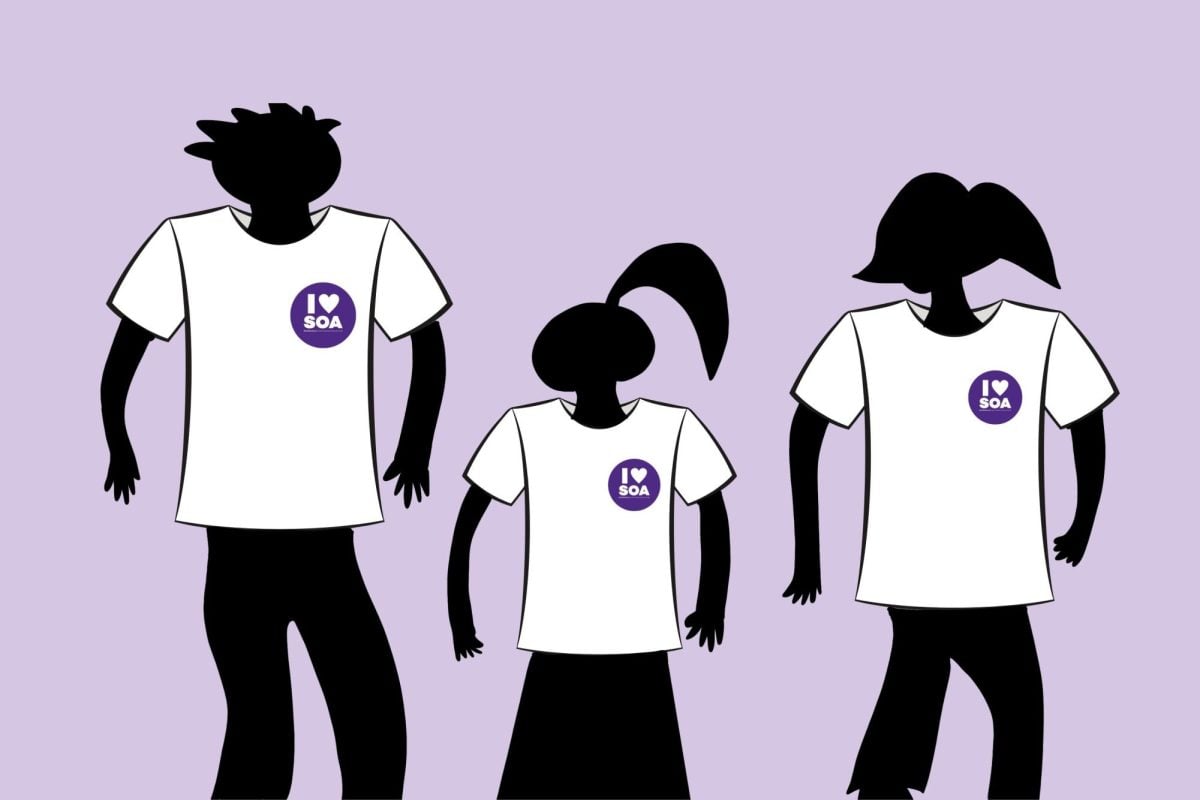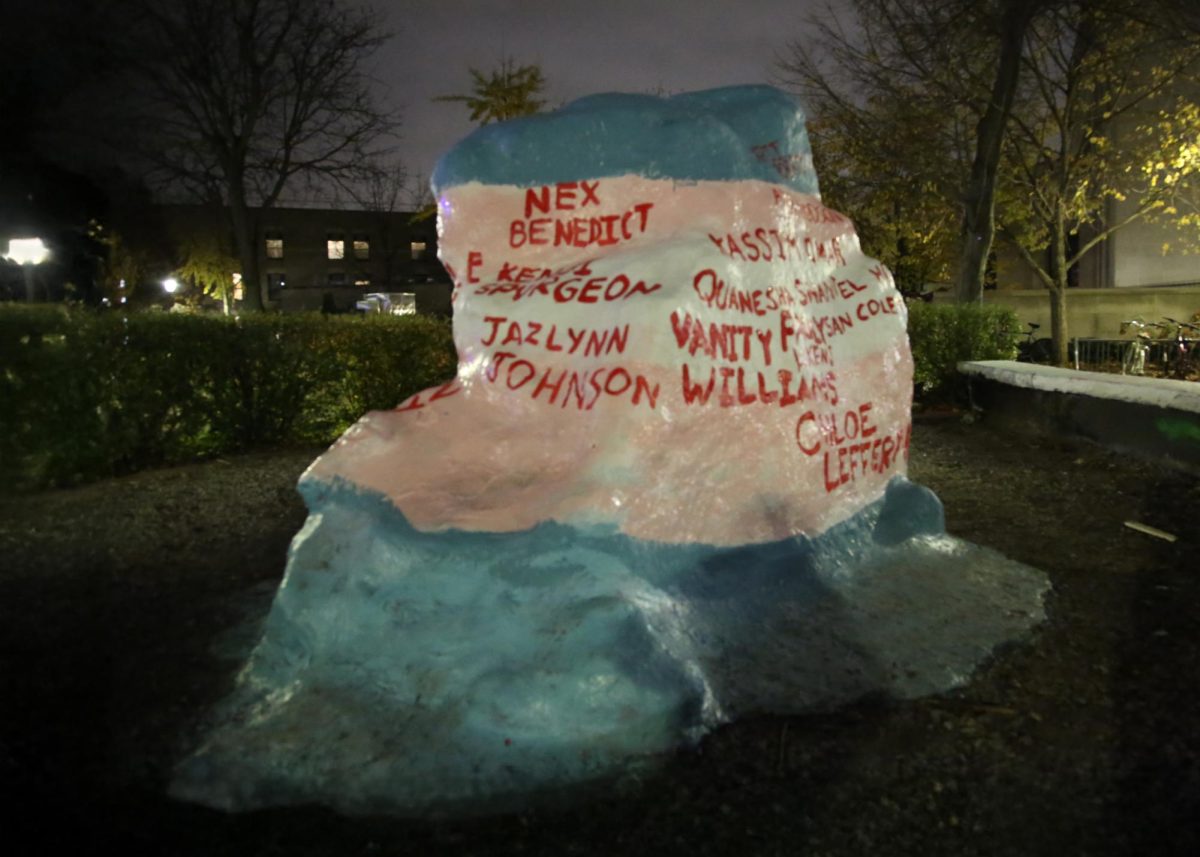Northwestern students received President Barack Obama’s second inaugural address Monday with mixed reviews, many praising its directness while others were left hoping for a more bipartisan focus.
Obama took the Oath of Office and delivered his speech at the 57th Presidential Inauguration to a crowd of between 500,000 and 700,000 people in front of the Capitol Building in Washington, D.C. In his address, he emphasized the need to apply the Declaration of Independence’s clause that “all men are created equal” in today’s society. He spoke out in favor of equal rights for LGBT people, addressing climate change and supporting the establishment of democracies in foreign countries.
NU College Democrats co-president Adam Roth said his favorite part of the speech was Obama’s promise to “respond to the threat of climate change.”
“That was pretty gutsy of him to do, especially with a large Republican electorate that doesn’t believe in global warming,” the Weinberg sophomore said at a watch party hosted Monday morning by College Democrats.
Although Obama mentioned the need to cut health care costs and the size of the national debt, Roth said he hoped to hear more details behind those reductions. He said he also wanted Obama to approach his speech in a more bipartisan manner, as much of what he said appealed to liberal viewers.
“I was looking for a part that would also fire up Republicans and make them want to work with him,” Roth said. “Congress is unbelievably partisan and they haven’t been doing their job well, but the president has to reach out, too.”
Justin Moore, president of NU’s Students for Liberty and vice president for special events for NU’s College Republicans, said he was behind Obama’s push for immigration reform, pursuance of peace with other countries and LGBT rights. As a Libertarian and believer in small government, though, Moore disagreed with Obama’s support for social security and Medicare.
“Those two programs are the main drivers of the deficit,” the Weinberg junior said. “If you want to reduce the deficit, you have to look at entitlement.”
Several speakers from diverse backgrounds flanked the ceremony. Civil rights activist Myrlie Evers-Williams, whose husband Medgar Evers, field secretary for the National Association for Advancement of Colored People was assassinated in 1963 outside of their home in Jackson, Miss., was the first woman and non-clergy member to deliver the inaugural invocation. Richard Blanco, who was born in Spain to Cuban exile parents, was the youngest and first Hispanic and LGBT person to deliver the inaugural poem. The Rev. Luis Leon, who delivered the benediction, immigrated to the United States from Cuba.
Steven Monacelli, co-President of NU’s Political Union, thought this diversity was an important part of the ceremony, especially because his mother also immigrated from Cuba.
“I wouldn’t be here if she wasn’t allowed to come over into the States, and I think it was truly significant, particularly with regard to … continuing the civil rights struggle and making sure everyone is welcomed into the country with open arms if they want to contribute and be a part of society,” said Monacelli, a Communication senior and former Daily staffer.
Medill junior Taylor Hiegel covered the ceremony in Washington as part of the Medill on the Hill program, which brings journalism students to the nation’s Capitol for a quarter. She said the opportunity to view the excitement of the attendees was something she would not have been able to do remotely.
“You don’t see (on television) all the faces of the people who come to the inauguration and what it means to them, and that makes you hopeful for the people of our country,” Hiegel said.












